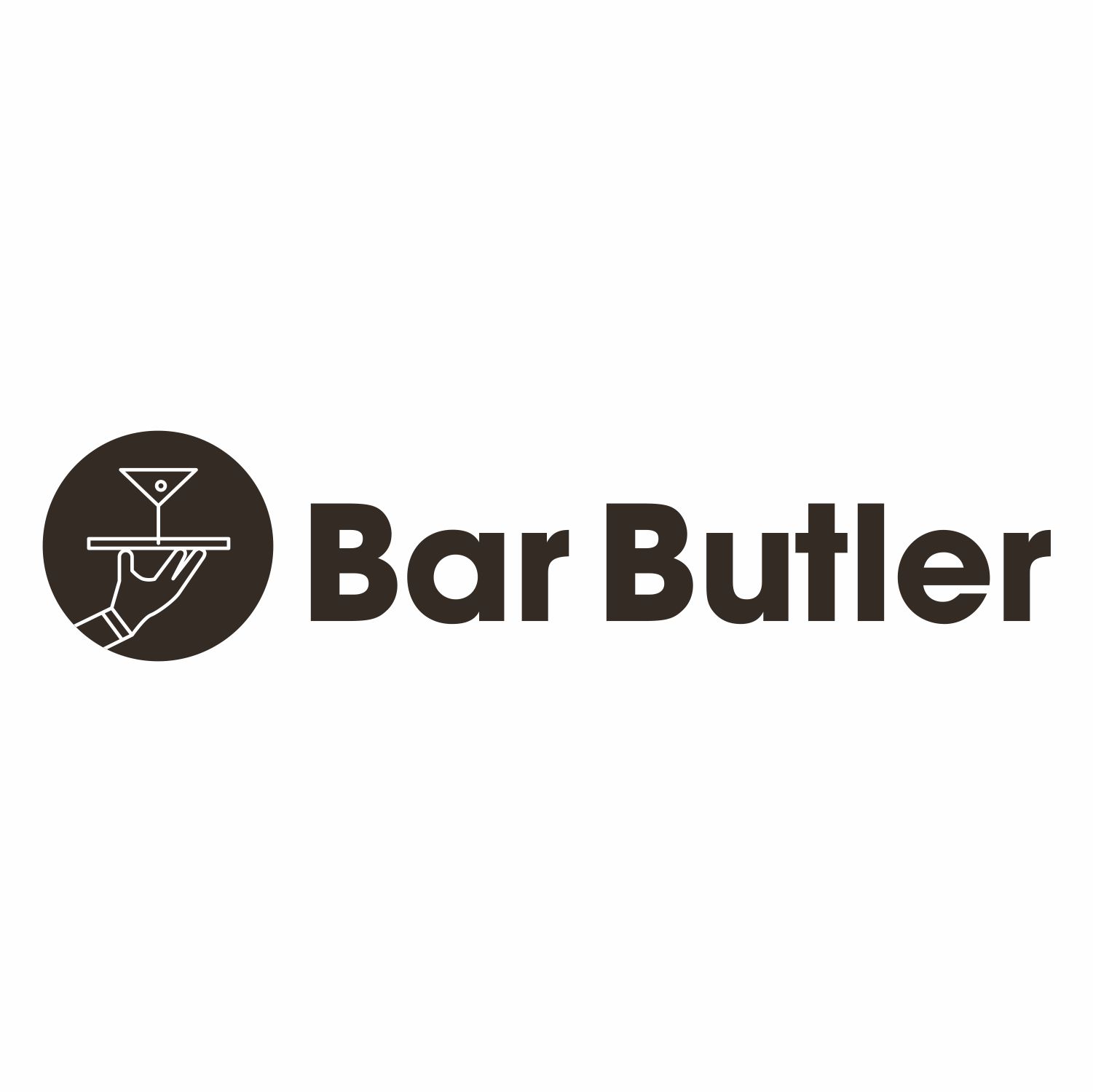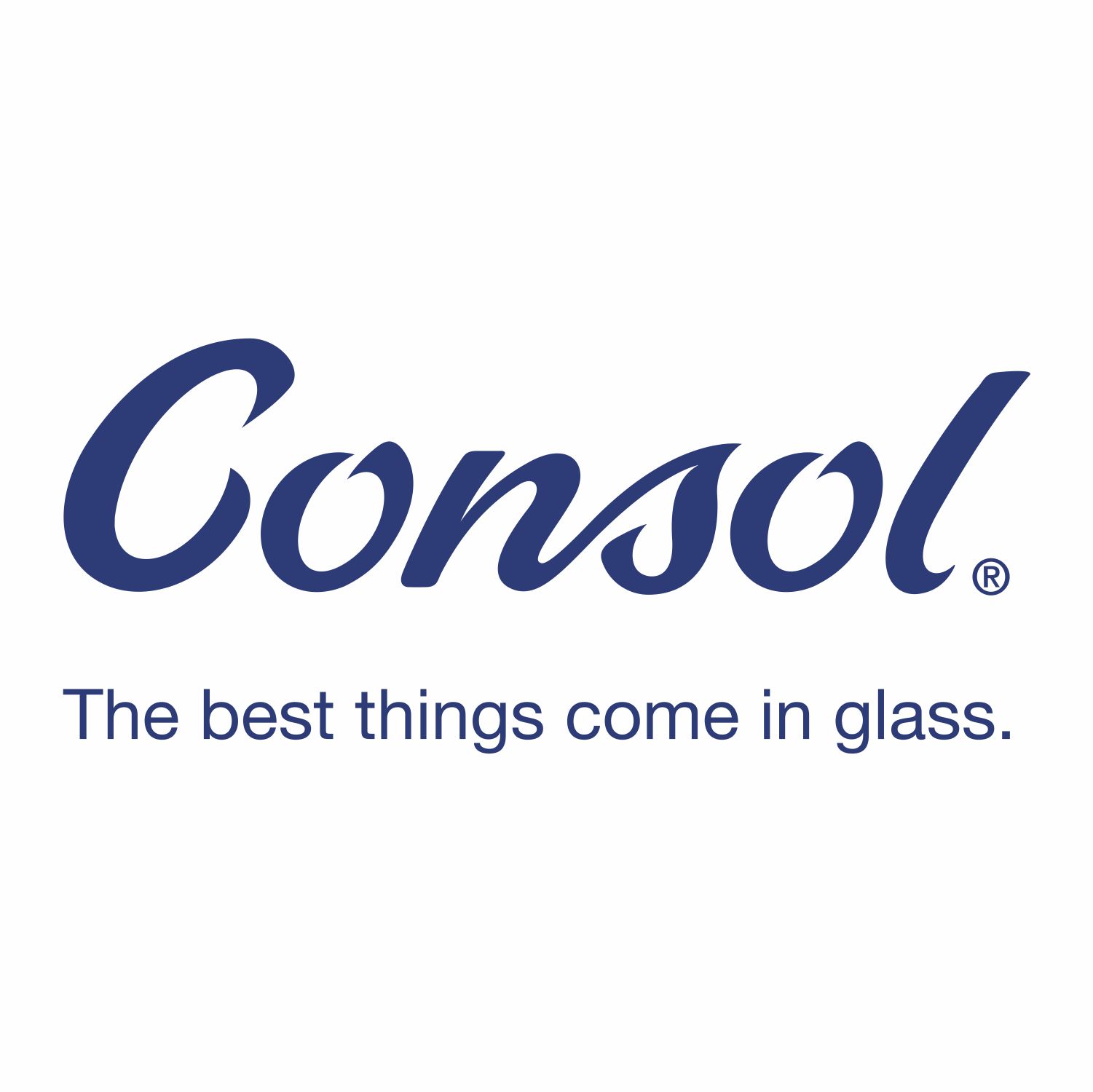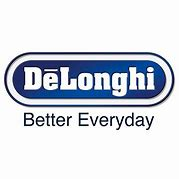SILICONE BAKEWARE
Here at Homeworth we love Silicone bakeware! It also happens to be our best selling bakeware range. Here are some facts compiled for our consumers to have a better understanding of Silicone bakeware:
Silicone bakeware fulfills the same functions as metal, glass and enamel bakeware. Although the silicone models feel soft and flimsy, they are surprisingly durable and produce uniformly excellent results. They are also inexpensive and easy to clean. The bonus is that silicone moulds come in bright colours! So you have the option of buying bakeware that matches your kitchen theme!
Silicone bakeware is tolerant of both heat and cold, and can be used in the oven at temperatures up to 428 degrees Fahrenheit. It can go directly from the oven to the freezer and is microwave safe. While silicone bakeware is marketed as non-stick and is said to not require greasing, greasing or applying baking spray to your bakeware is still a good idea to avoid any risk of sticking.
Silicone bakeware comes with important manufacturer’s instructions. Following those instructions ensures that the bakeware will last for a long time and produce delicious baked goods. It is particularly important to obey the stated heat rating for each piece of bakeware because temperatures that exceed it damage the silicone.
New pieces of bakeware require washing with warm, soapy water before their first use. Each piece should be placed on a cookie sheet before it goes in the oven because the silicone is extremely thin and requires extra stabilization. When it emerges from the oven, silicone bakeware is extremely hot to the touch, but it cools down much more rapidly than other types of bakeware.
Silicone bakeware is not suitable for open flame cooking or stovetop use. It is also vulnerable to damage from knives and other sharp kitchen implements. The best utensils to use with silicone are made from wood, plastic, rubber or thicker silicone.
Silicone rubber is inert. It does not emit fumes of any sort, leech into food, or pose any health risks according to the FDA. Experts consider it non-reactive and a good choice when looking for low-risk cookware.












